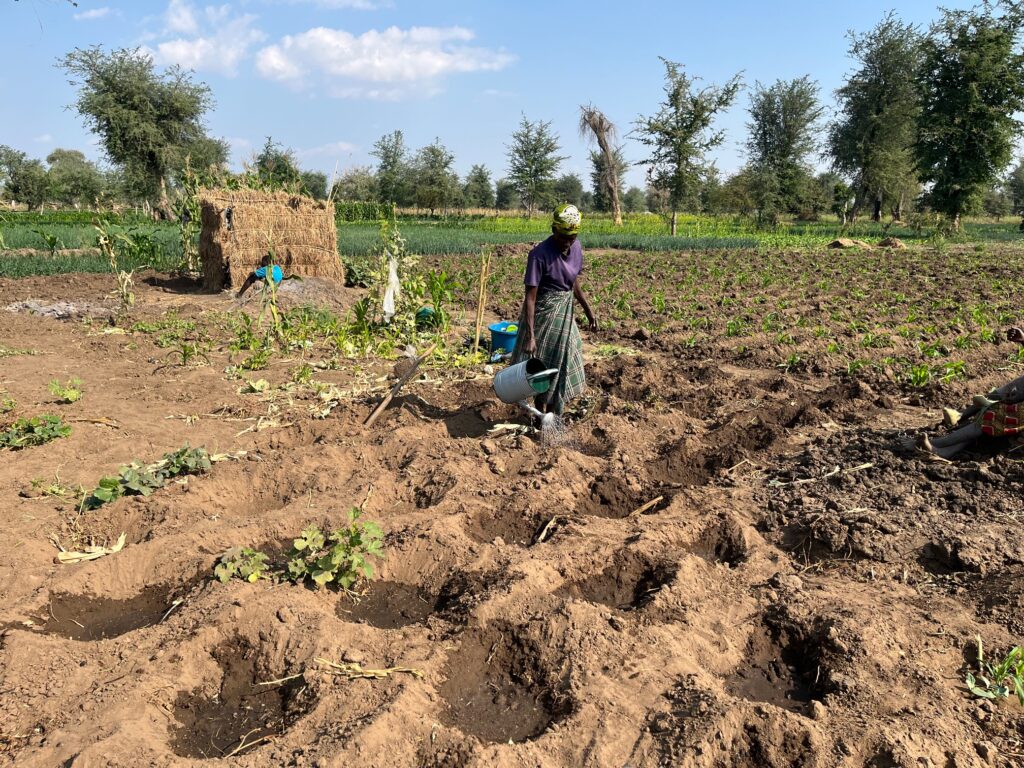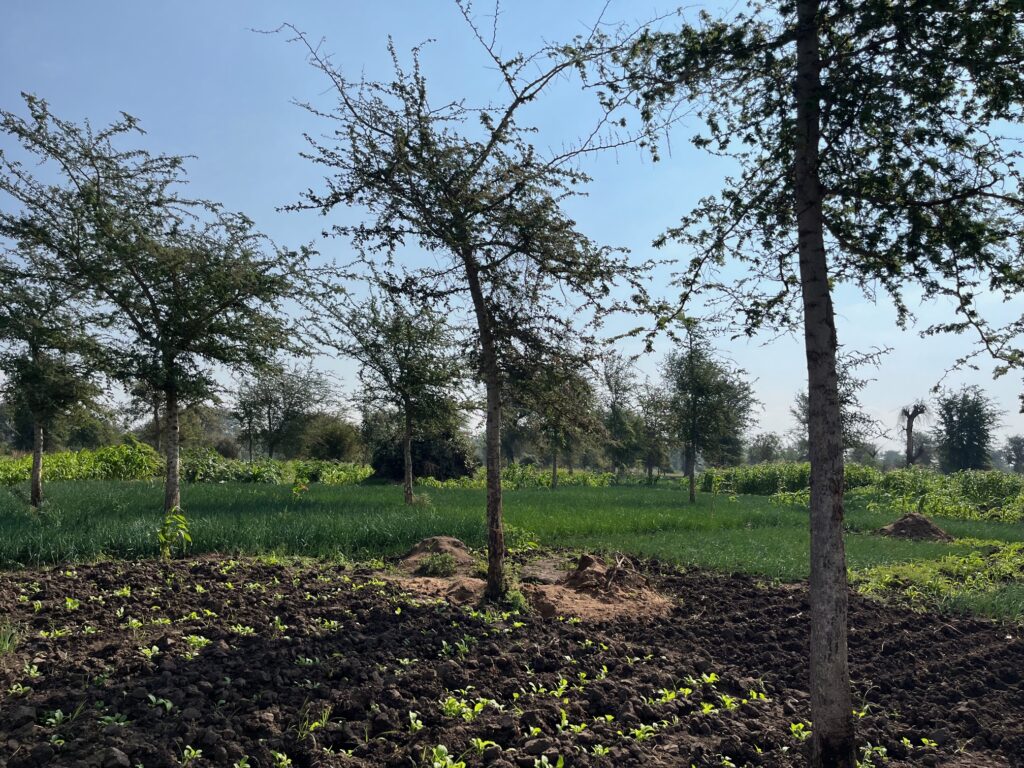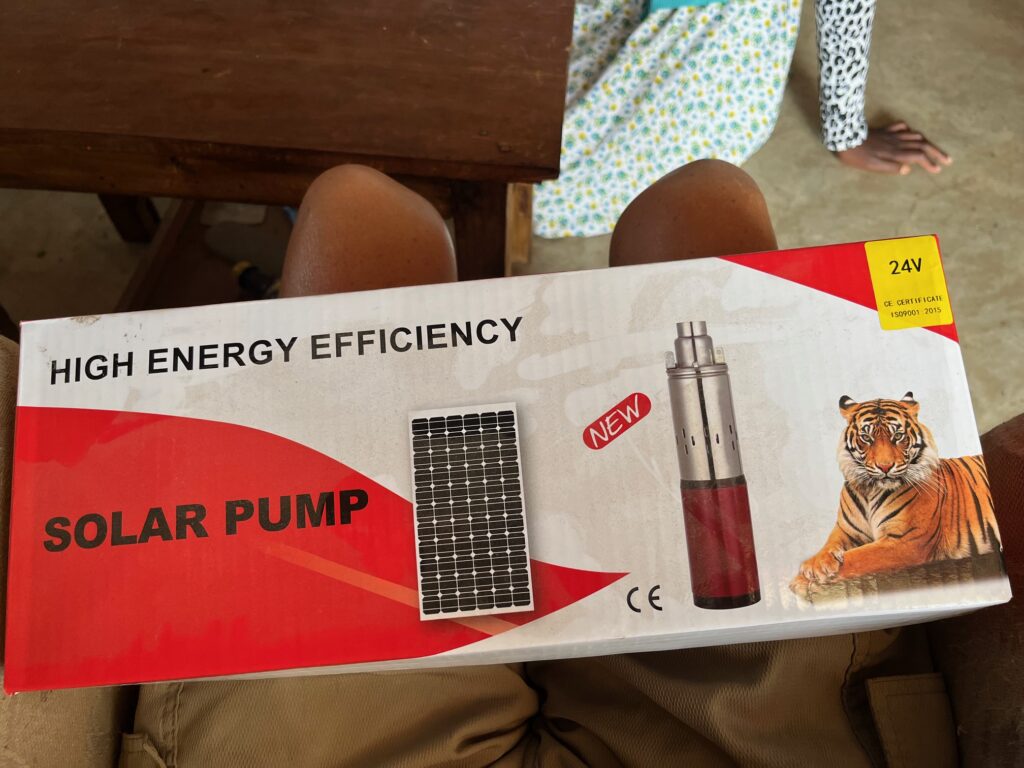Connecting the Dots
Food Insecurity and MCV’s Response
-Tom Nighswander, MCV Board-US
Lake Malawi has been higher than anyone can remember. Several lakefront resorts are closed, some permanently, due to the high lake water. This is a lake that is 365 miles long, 52 miles across, and over 1300 feet deep. It is th10th largest lake in the world. In addition, the stable, predictable rains in December, January, and February necessary for subsistence farmers to grow maize, the principal food source, have all but disappeared.
The first hints of this weather change were noted about 20 years ago, but now it has become chaotic, including this year when there was a crop failure. Two cyclones have hit Malawi in the last five years. An event never before seen in recent history. And today, we heard from Malawi that there have been some rain showers. This is the middle of the dry season.
Connect the dots and it translates to significant climate change and an additional blow to food security. The 39 villages served by the Malawi Children’s Village are not immune.
Is there any hope?… The answer is yes.

Malawians are very resilient and smart. Thom, a former orphan, could not wait to show us his garden. He uses a solar pump and a well to fill his watering tank suspended on a platform above his garden. His uses hand watering. Fertilizer comes from his penned-in goats and chickens. He showed us maize in various stages of growth, eggplants, beans, onions, and tomatoes.

Our staff member who coordinates our water pump irrigation effort showed us a 5-hector, 5 village collective garden project on land close enough to the lake to have non-salty water just a meter below the ground. Using hand-dug wells and hand watering of crops, they, like Tom, had a variety of vigorous crops, including maize in various stages of growth. Where possible, they are using organic fertilizers. And the most exciting for us was the 30 member nature club at Gracious Secondary School who are making experimental organic fertilizers from available materials and organic insecticides from organic sources, and testing them out in their experimental garden.
MCV is expanding its food security program with proposed demonstration gardens, watering and fertilizing techniques that do not require expensive resources and are easily available to the villagers.

Plus, a glimpse into the near future – solar pumps. The are getting cheaper and more efficient. They can come with their own solar panels. We saw several of them already in use. These are all focused on the subsistence farmers dealing with food security for their families.
Thanks to our wonderful donors, over the last year, we repaired/supported over 60 treadle pumps, distributed new treadle and solar pumps that allow increased crop yields and growing seasons. Your donation could help improve food security!